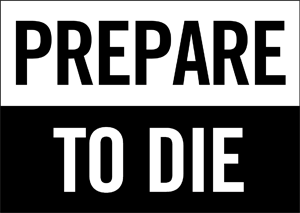
Well, here's some more (continuing where I left off).
Life, Death and Neighbours (cont.)
... the only way in which you know the seriousness of separation from God is in your own experience of yourself. ... 'If you have sin enough in your own life and your own home, you have no need to go searching for it elsewhere.' ... 'If you have a corpse laid out in your own front room, you won't have leisure to go to a neighbour's funeral.' This is not about minimising sin; it is about learning how to recognise it from seeing the cost in yourself. p.30
For me, this next is a real killer.
... to assume that you have arrived at a settled spiritual maturity which entitles you to prescribe confidently at a distance for another's sickness is in fact to leave them without the therapy they need for their souls; it is to cut them off from God, to leave them in their spiritual slavery — while reinforcing your own slavery. ... As in the words of Jesus [Mt 21.13], you have shut up heaven for others and for yourself. p.31
























































